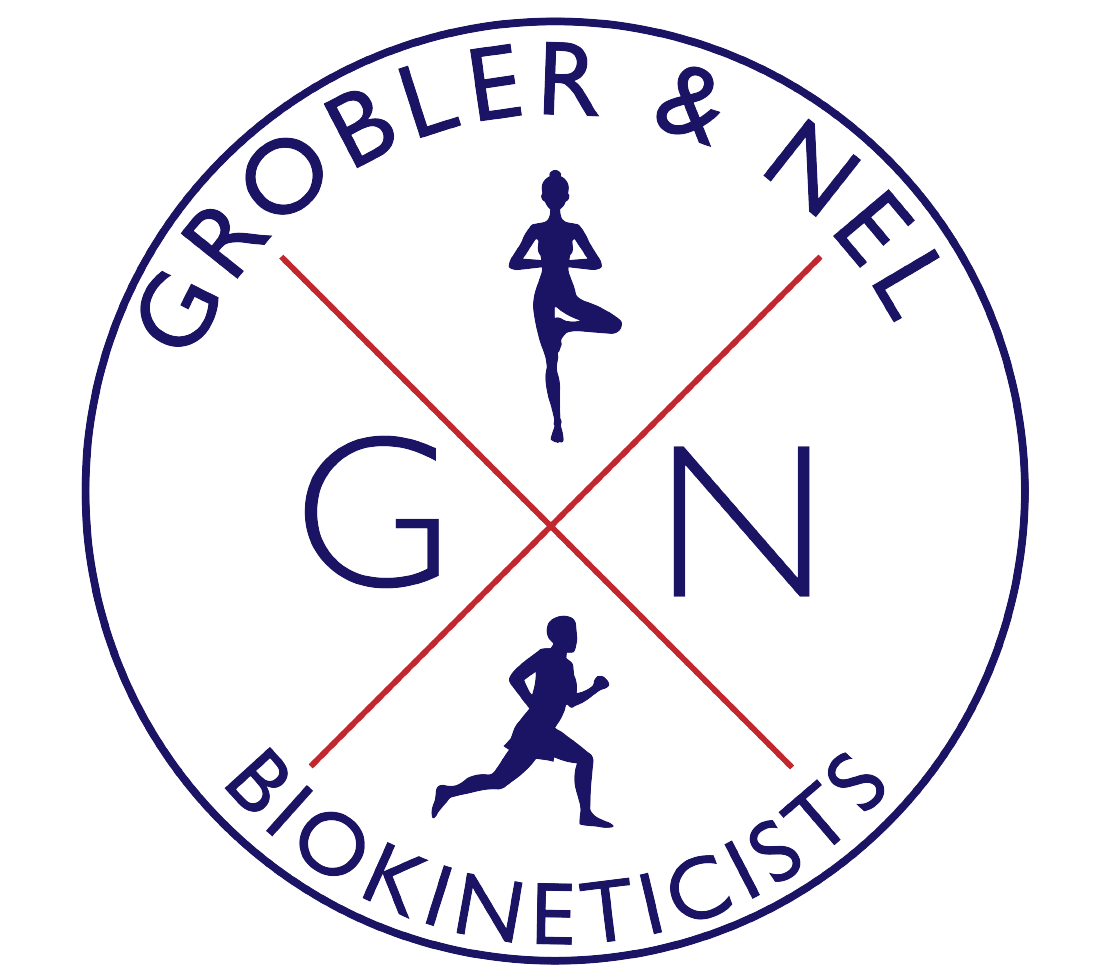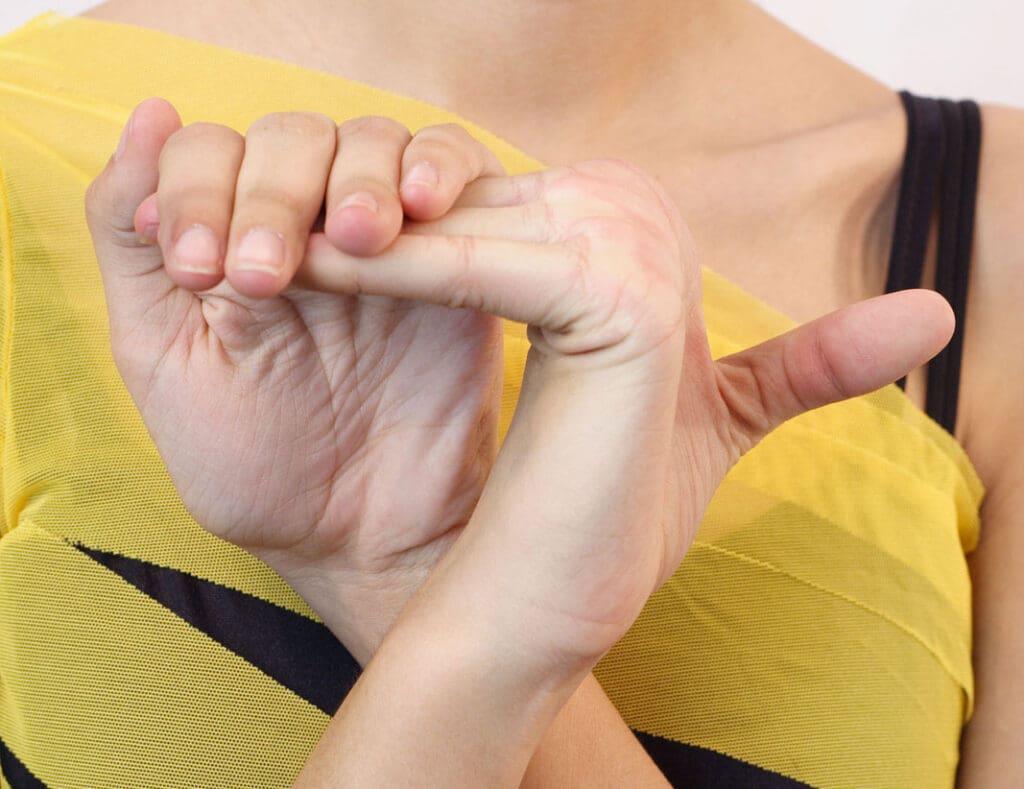
Source: https://thephysiocompany.co.uk/hypermobility/
We often hear people referring to themselves as “double-jointed”, maybe because their fingers can bend weirdly, or they can contortion themselves into interesting shapes. The correct term is actually “hypermobile”. So, what does this mean? And is it a good or bad thing?
Hypermobility affects the ligaments in our bodies. Ligaments are the connective tissue that attach bone to bone, and they are found in all our joints. People with hypermobility are born with a high amount of “elastin” in their ligament tissue, meaning the ligaments are not as taut as the general populations. What is important to note here, is just because a persons’ joints can be mobile, due to ligament laxity, doesn’t mean all their muscles are, too. Ligaments and muscles are of course different tissues. It is possible to be “hypermobile” and have tight hamstrings, for example.
So how do you know if you’re hypermobile? You can easily do the Beighton test, and if you score 4 out of 9, it’s likely you have ligament laxity.
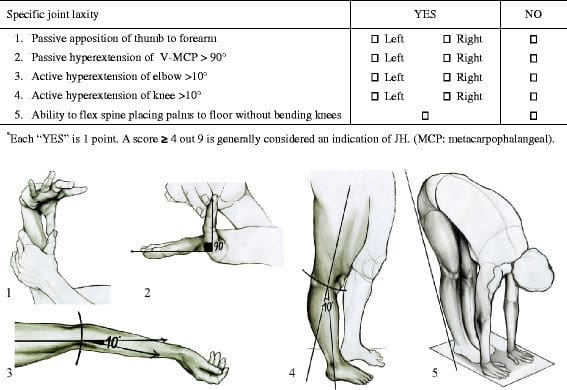
The cool thing about hypermobility is a patient is generally able to move their bodies quite easily. You know that girl in the front of your Yoga class who flips into a Bird of Paradise without blinking an eye?
The not so cool thing is that a joint’s stability is affected, making it more prone to niggles. Let’s look at a healthy joint like a seesaw, with stability on one side and flexibility on the other. We would like these to balance out as much as possible.
If you think you are hypermobile, we would highly recommend exercise like Pilates, to concentrate on pelvic and spinal stability, through core muscle strengthening. This will help to balance out the seesaw and strengthen your stabilizing muscles, giving your joints the support they aren’t getting from their elastic ligaments. In the long run, your body will thank you!
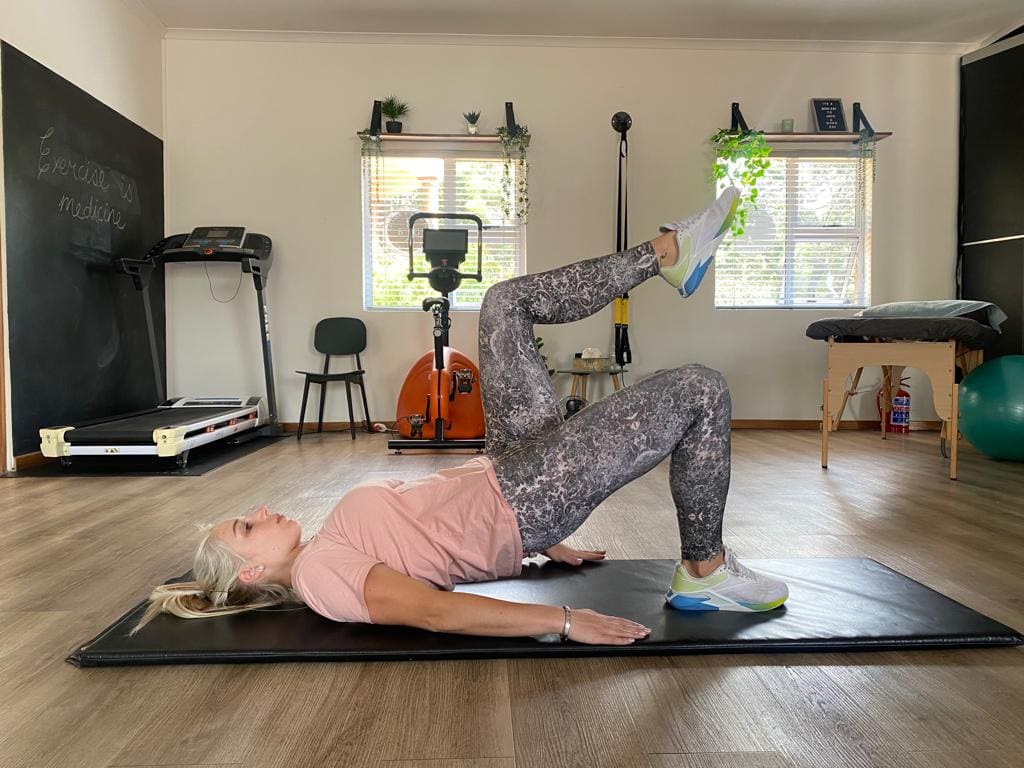
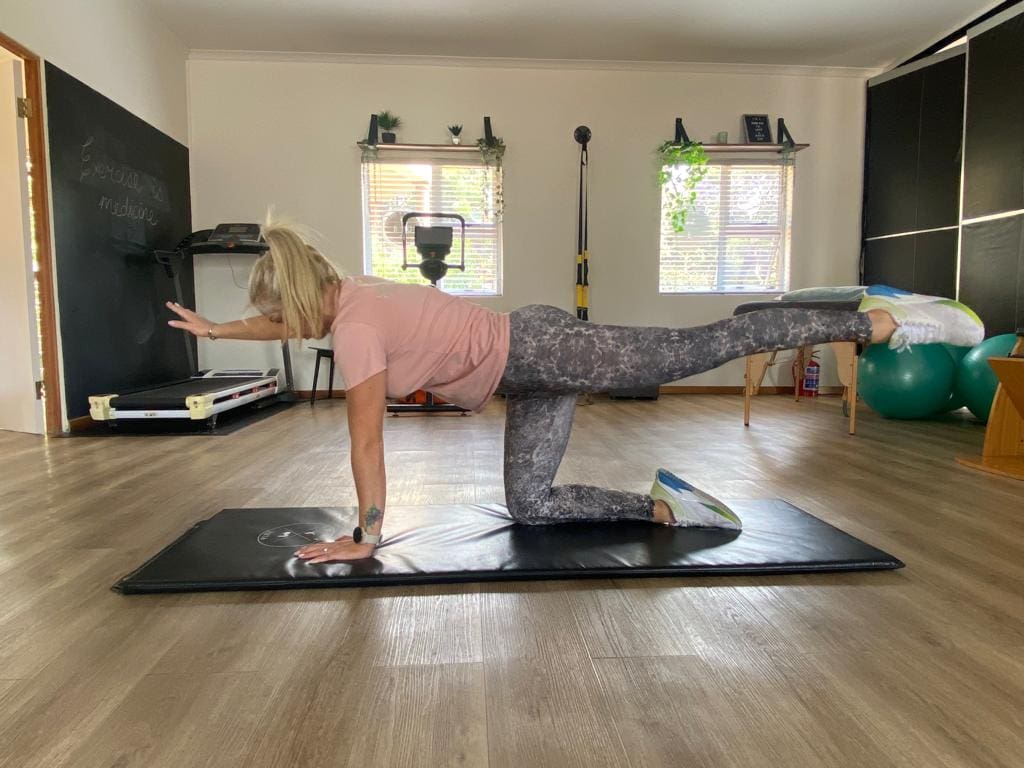
If you’re still feeling a little overwhelmed and not sure of where to start, then reach out to our Biokinetics Sandton practice: Blaker & Grobler Biokinetics. We will do a full assessment, prescribe you with an individualized exercise program, and point you in the right direction going forward!
